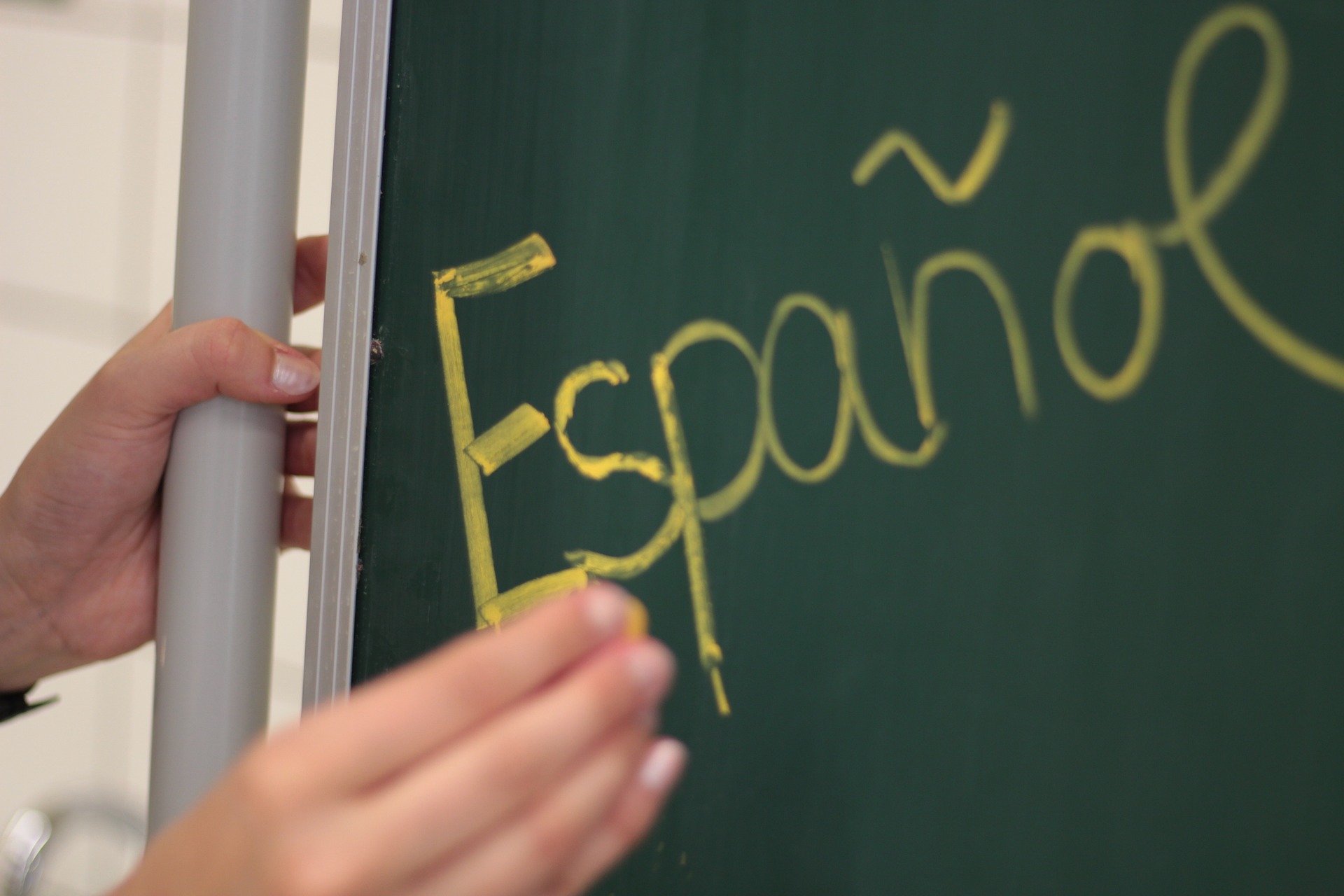
A Primer on Catalan Cuisine
One thing has consistently been agreed upon when it comes to one aspect of the Catalan people: gastrononmy.
A Primer on Catalan Cuisine
Catalonia has been featured in the news quite often recently due to political, educational, environmental, and cultural affairs and is now one of the most economically dynamic communities of Spain. Since 2010, there has been growing support for Catalan independence. However, one thing has consistently been agreed upon when it comes to one aspect of the Catalan people is gastronomy.
Catalonia sits in the northeast corner of Spain with more than 350 miles of Mediterranean coastline stretching away from the eastern seaport of Barcelona with an enormous array of seafood from cod, salmon and monkfish to octopus, squid, anchovies, oysters and clams.
The northern border is dominated by the Pyrenees Mountains which separate Catalonia from the rest of Europe where one can find more wild mushrooms, truffles, herbs, and cheeses than anywhere else in Spain. Catalonia’s southern border is home to miles of fields that produce rice such as bomba and Bahía.
Since the Middle Ages, Barcelona has been a major port along the trade routes, connecting ports as far away as Alexandria in Egypt and Amsterdam in the Netherlands where trading relationships helped to carry ingredients such as hazelnuts, sugar, pasta, cinnamon, and saffron into Catalan homes and restaurants. The region’s longtime occupation by Muslims also made spices like caraway and cumin part of the vast culinary arsenal now known across Catalonia.
Catalans eat an abundance of fish along with plenty of plant foods like vegetables, fruits, whole grains, beans, nuts, and the very best extra-virgin olive oil made specifically from Arbequina olives. Studies have found time and time again that the Mediterranean Diet is comprised of leisurely meals including Vermouth hour (l’hora del vermut). This tradition of gathering with family and friends for vermouth and tapas before lunch, which is the main meal of the day, has recently been brought back to life in Barcelona. The Catalan diet limits red meat and deep-frying, drinking of wine in moderation and an emphesis on plenty of exercise.
We hope you’ve enjoyed A Primer on Catalan Cuisine! Wishing to experience the beauty of the Mediterranean cuisine in its home of Catalonia? Our culturally immersive group classes and native teachers can help put you on the path to fluency faster than you may have every thought possible! Click below to learn more.
The Year of the Spanish Language
Marca España has stated that the Spanish language is “a global agent that produces wealth, identity, culture, and brand which still has great opportunities for expansion and development in the digital era. It is expected that in 30 years there will be over 700 million Spanish speakers.”
The Year of the Spanish Language
Earlier this year, Spain’s Minister of Culture, Íñigo Méndez de Vigo, declared "The year 2019 will be declared the Year of the Spanish Language” as part of the Marca España initiative.
Marca España has stated that the Spanish language is “a global agent that produces wealth, identity, culture, and brand which still has great opportunities for expansion and development in the digital era. It is expected that in 30 years there will be over 700 million Spanish speakers.”
There will even be tax incentives (up to 90%) for activities which promote the initiative to help try to drive participation among the private sector. Among these initiatives will be a study grant to generate more university student exchanges, appointing celebrities as “Spanish language ambassadors,” and the designing of a digital platform in Spanish & Portuguese to offer free content in the fields of literature, film, music, art, and science.
This plan has not been accepted across the country, however, as Spain’s all-encompassing attitude with the proposal has caused some hesitation in Latin American countries. De Vigo was specifically warned that the plan would not be welcomed outside Spain by the director of the Real Academia Española, Darío Villanueva, and of the Cervantes Institute, Juan Manuel Bonet, but has decided to go ahead with it anyway.
Even in Spain, political groups, apart from the governing Popular Party, have also criticized the plan specifically Basque and Catalan citizens as they see it as an attack on their own languages. Francisco Javier Pérez, the Venezuelan secretary general of ASALE stated that the desire by Spain to reign control over the common language was “at the very least worrisome.”
Carmen Millán, director of the Caro y Cuervo Institute in Colombia has a bit of a more optimistic look by stating that “...this is not about rivalries, it is about a sense of belonging to a common language.”
While it remains to be seen whether the effort will succeed in a similar fashion as the cultural promotion efforts of the French, it is without a doubt starting a conversation within the Spanish-speaking community about the need to preserve and promote their beloved language.
We hope you've enjoyed learning about how Spain is working to make 2019 The Year of the Spanish Language! Do you think the Marca España initiative will be positive for the promotion of the Spanish language? Comment below!




